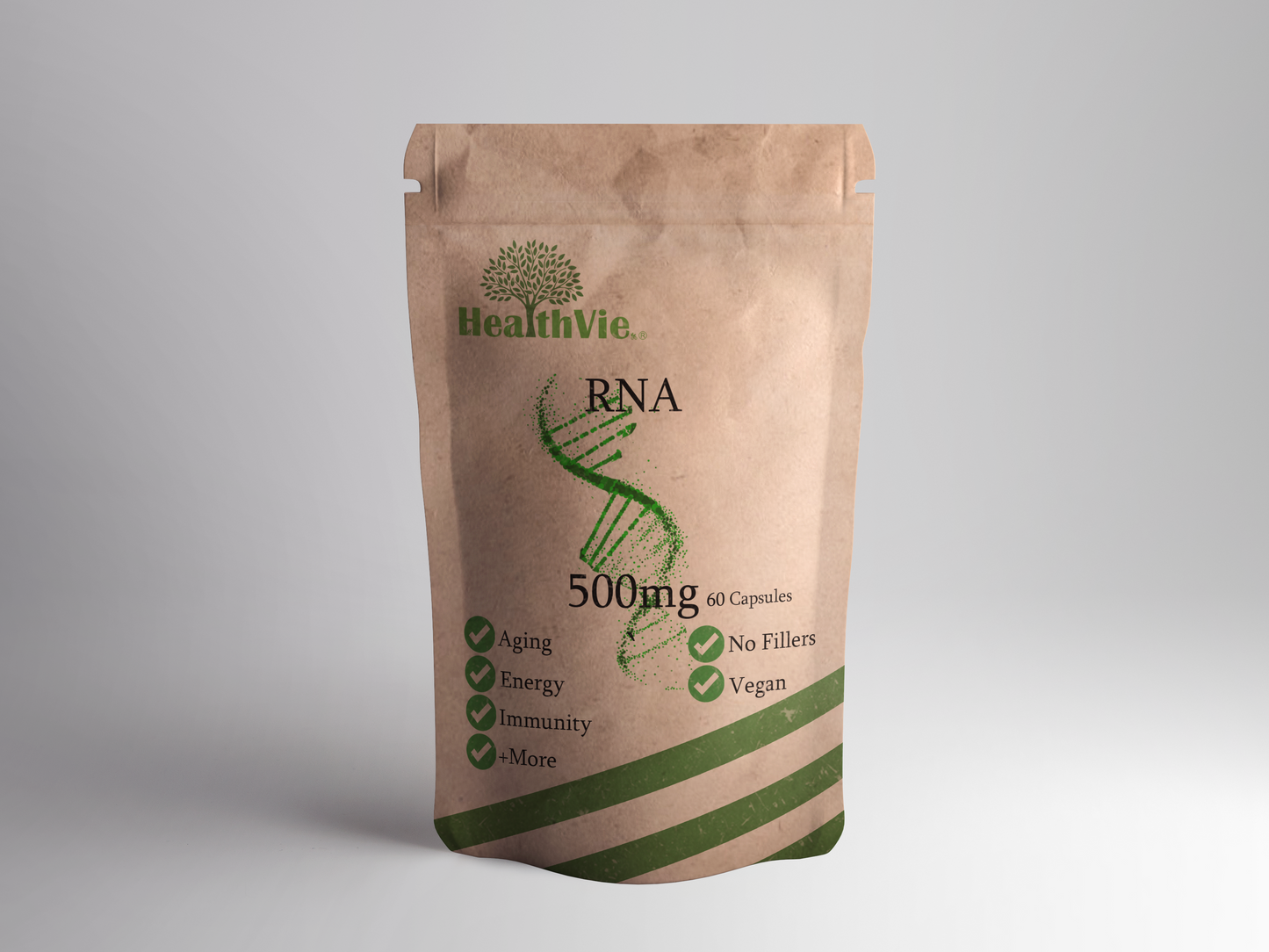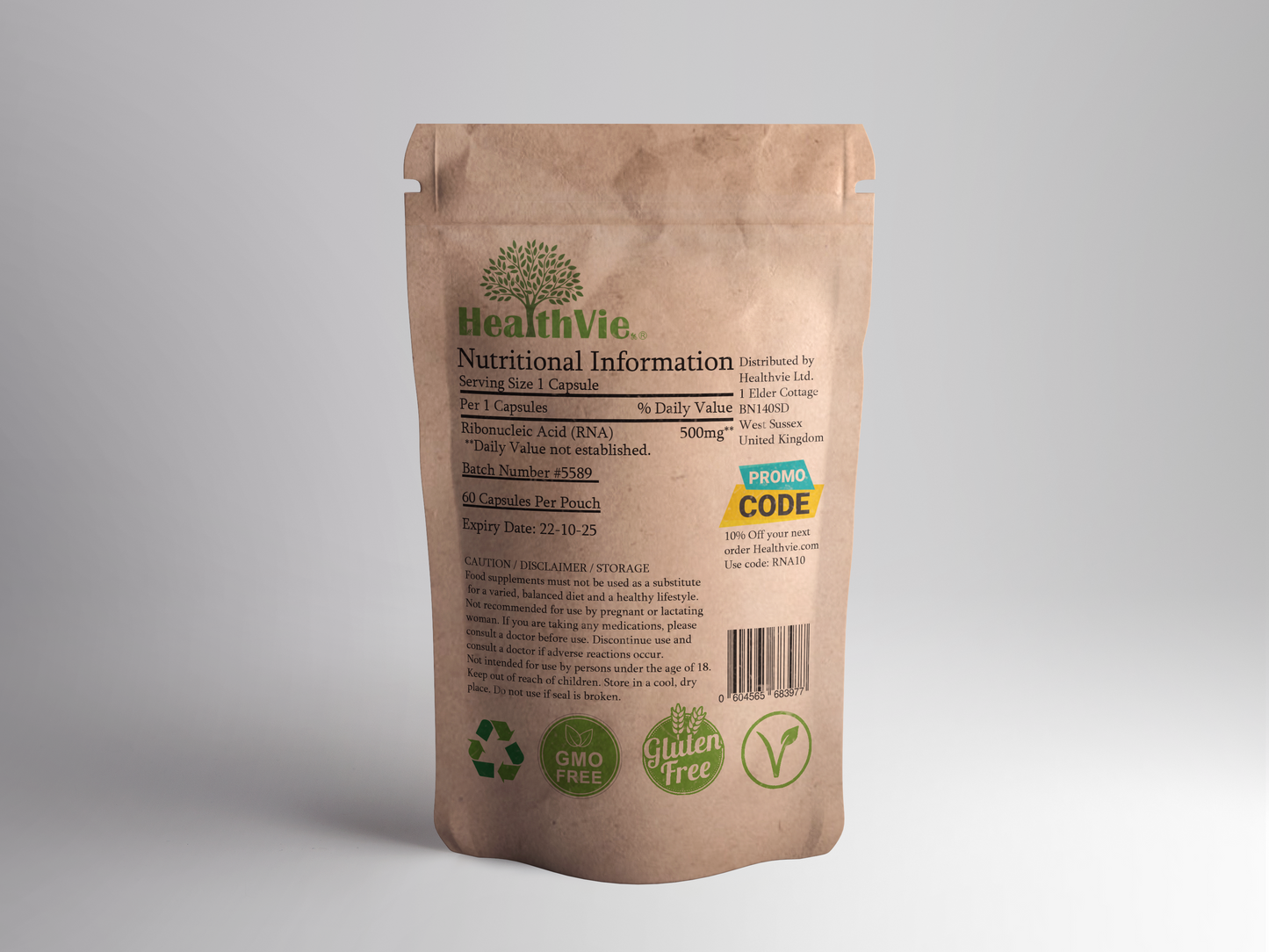My Store
RNA - Ribonucleic Acid
RNA - Ribonucleic Acid
Couldn't load pickup availability
Ribonucleic acid (RNA) is a nucleic acid, along with deoxyribonucleic acid (DNA). The primary difference between RNA and DNA is that RNA is a single-strand molecule folded in on itself, whereas DNA is a double-strand molecule. RNA plays many biological roles that involve the coding and expression of genes. Viruses may also use RNA to encode their genes.
RNA also performs many functions in multi-cell organisms, including catalyzing biochemical reactions, responding to cellular signals and regulating gene expression. Multi-cell organisms also synthesize proteins with RNA. This process uses messenger RNA (mRNA) to direct the assembly of proteins on the ribosomes of the cells. Transfer RNA (tRNA) transfers amino acids to the ribosomes, while ribosomal RNA (rRNA) binds the amino acids together to synthesize the proteins.
RNA is also used to make health supplements. This RNA typically comes from baker’s yeast, known scientifically as Saccharomyces cerevisiae. Humans have used this yeast for thousands of years, primarily for making beer, bread and wine. Yeast consumes sugar and produces alcohol and carbon dioxide as waste products. The production of alcohol is encouraged for winemaking and brewing, while carbon dioxide production is encouraged in bread making.
The primary value of RNA as a health supplement deals with its ability to assist in the rapid proliferation of cells. This property is especially useful during surgery, injury and attacks on the immune system.
Share




